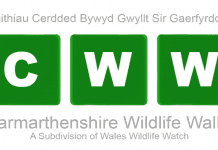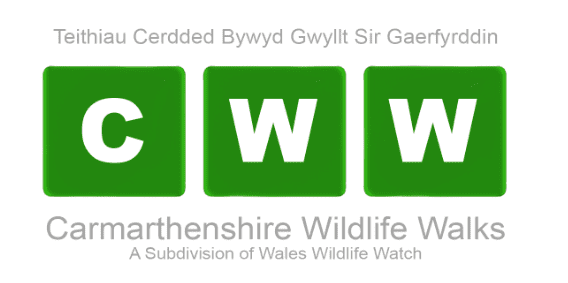Long-term monitoring programmes coordinated by the People’s Trust for Endangered Species (PTES) and the British Trust for Ornithology (BTO) have indicated that hedgehogs have declined markedly within Britain over the last two decades (State of Britain’s Hedgehogs 2011), prompting the species to be listed as a species of principal importance in Wales (NERC Act 2006, Section 42).
This decline is potentially linked to a range of factors including:
- Agricultural intensification: loss of hedgerows and application of chemicals which might reduce the availability of invertebrate prey.
- An increase in badger numbers: badgers are the only species that can unroll and kill hedgehogs.
- An increase in road density and traffic volume: collisions with vehicles and roads acting as barriers to the movement of hedgehogs, increasing the likelihood of extinction of isolated populations.
- Climate change: reduction in the ability of hedgehogs to accumulate sufficient fat reserves prior to hibernation; emergence from hibernation when there is little or no food available; increased, localised flooding is also likely to pose a risk to hedgehogs which are breeding or hibernating.
To date it has been difficult to quantify the effects of some of these factors on hedgehog populations because of the absence of a reliable survey technique at the appropriate spatial scale. However, a recent pilot study by The Mammal Society, the University of Reading and Nottingham Trent University has demonstrated that footprint-tunnels meet this need.
Therefore, there is now the opportunity to conduct a national scale survey of hedgehogs in England and Wales. Overall, we want to survey a minimum of 400 sites across England and Wales during the summers of 2014 and 2015.
The National Hedgehog Survey is being conducted by University of Reading and Nottingham Trent University, in collaboration with British Hedgehog Preservation Society and People’s Trust for Endangered Species.
The objectives of the survey are:
- To determine the presence/absence of hedgehogs in rural habitats across England and Wales using footprint-tunnels.
- To quantify the relative importance of different factors such as habitat features, land management practices and badgers, on the presence/absence of hedgehogs in rural habitats across England and Wales.
- To establish a baseline measure of hedgehog occupancy at a national level in England and Wales against which future changes can be measured.
To complete the National Hedgehog Survey PTES are looking to enlist the help of volunteers to survey pre-selected sites across England and Wales.
Please note that this survey requires a commitment to monitor 10 tunnels over five consecutive nights in a 1-km square that will be allocated to you; you will also need one extra day to arrange your survey with landowners.
Surveying can take place any time during May–September inclusive in 2014 or 2015. All equipment will be provided. Read further details about what’s involved and see the FAQs.
If you are interested in volunteering, please email the survey coordinator Emily Thomas at hedgehogsurvey@ptes.org. When contacting PTES, please ensure that you include your postcode as this will be used to identify the survey square closest to you.
From Carmarthenshire Biodiversity Partnership newsletter June to August 2014.
Help keep news FREE for our readers
Supporting your local community newspaper/online news outlet is crucial now more than ever. If you believe in independent journalism, then consider making a valuable contribution by making a one-time or monthly donation. We operate in rural areas where providing unbiased news can be challenging. Read More About Supporting The West Wales Chronicle
























